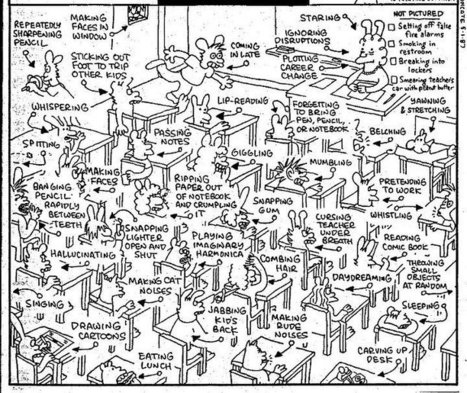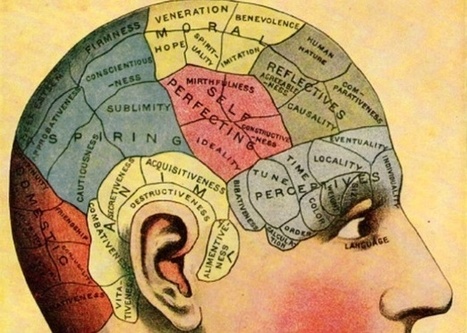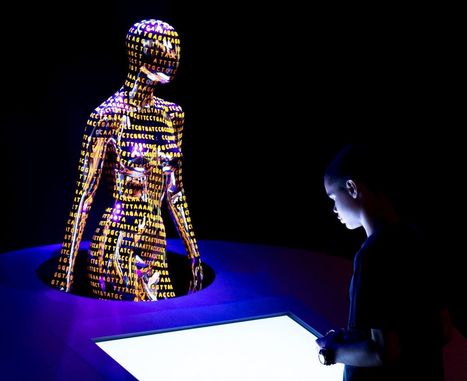The Wonderful World of Teaching, by Joe Wolf
"In the spirit of April Fool’s Day, I thought it would be fun to consider several of the false — even foolish — beliefs that people often have about brains. Take a look at the six statements below and judge whether each is true or false – a learning fact or a learning myth. Then, after the brain break in the middle of the article, check out the answers. Enjoy.
Hemispheric dominance in the brain means some people are dominantly left brained (more analytical), while some are dominantly right brained (more creative)
Some people are kinesthetic learners, some are auditory learners, and some are visual learners.
Lecture is an outmoded form of teaching
Male and female brains are significantly different
Typing notes in class is just as effective as handwriting them
Rereading notes is a good way to prepare for a test, so teachers should actively coach this skill"
Via iPamba



 Your new post is loading...
Your new post is loading...









